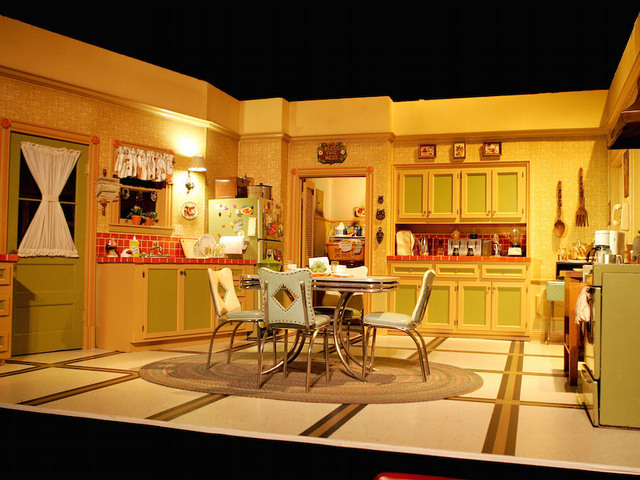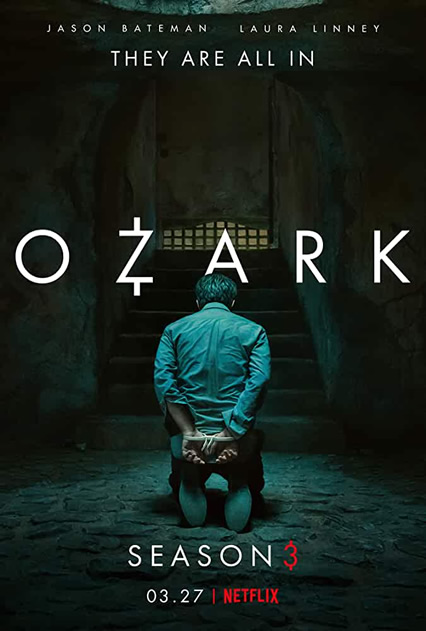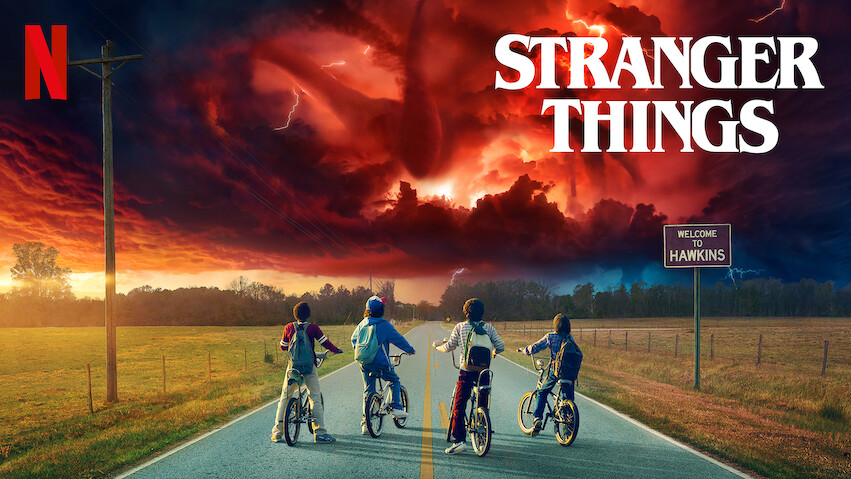
The series finale is the last episode of a television series. The series finale is often a closure. However, it can leave viewers wondering about what the next episodes will be. This episode could be the final chapter of the series, or just a way to let the characters go.
It's not the destination that matters, it's how you get there. This applies to the final episode of a TV series. But it's not just about ending the series. It has to resolve the story and satisfy viewers with their decision of tuning in for the next episode.
There have been some series finales which have done it successfully. We take a look below at the top tv series finals to find out which ones succeeded and which did not.

Mad Men Series Finales
Television was the main source of entertainment in the 1960s. It was huge to close a show in an engaging way for viewers. Alan Ball, creator and star of Mad Men shows how the advertising industry can influence people's daily lives in the final episode.
While some of these moments were wonderful, others were very sad. But the truth is that a good series finale can be a powerful, emotional experience for its cast and audience.
One thing is essential for a series finale to be successful: It should be meaningful to the characters. It should be interesting; 3. It has to be interesting for viewers as well.
Good finales must not only be satisfying, but also memorable. It is difficult to do this in the age of DVR and streaming. There are some shows that did the impossible, creating memorable finales that not only gave viewers a satisfying ending but also made their series stand out.

A War-Set Dramaty packs a lot in its finale
M*A*S*H ended in 1983 after 11 seasons. It was a war-set drama that felt more like a film than an episode. It was a poignant farewell to the South Korean nurses and doctors who died fighting, and a goodbye to those who have survived.
It was also a way to celebrate the team’s accomplishments and those who assisted them. It was an honor to have been part of a series that revealed the human cost of war in a meaningful and memorable way, at a time when war-based dramas were still common.
These are the Worst Series Finishes Ever
It's not easy to write a good series finale, and many of these episodes didn't live up to the high expectations that fans had for them. They created strong reactions, and made a lasting impression.
FAQ
Advertisers do they spend a lot of cash on TV?
Advertisers spend large sums of money on TV to promote their products. They also spend large sums of money convincing consumers to buy their products.
They spend money on research to learn what people think about their products.
These data are then used to design ads that appeal and attract consumers by advertisers.
How long does it typically take to produce a commercial
It depends on the project's size. For a small project, one person may be needed to film the footage. A large project may require many people to work together.
A 30-second spot takes on average between 2-5 Days to complete.
How does TV Advertising work
Television advertising can be a powerful way to reach consumers who watch television. It is also very affordable. The most common form of advertising on television is commercial breaks. Commercial breaks are typically 30 seconds in length, but can be longer if they feature a special event, such as an award ceremony, sporting match, or election night. Companies sponsor commercials in order to promote their products. They pay for these commercials. Some commercials feature product information, others display images and music. In addition to this, many programs now have 'product placement' where brands appear within the program itself. This could include a brand appearing in a scene showing how their product could fit into the program or providing background information.
How TV ads measure?
Advertisers use the number of people who actually view an ad to measure their effectiveness. They also evaluate whether the ads reach their target audience.
They do this by using surveys that ask viewers if they remember seeing the ad. If they say yes, they know they were exposed to the ad.
If they refuse to answer, they will know they weren’t exposed. This tells them how effective the ad was at reaching its target market.
Statistics
- Radio is extremely accessible – 95 percent of cars have radios, and 99 percent of homes have radios. (marketingevolution.com)
- In fact, 76% of people completely skip the commercials while watching their programs. (qualitylogoproducts.com)
- 93 percent of American adults listen to the radio over the course of the week. (marketingevolution.com)
- With OTT ad revenue set to increase from 45% to 60% over the next decade, AdTech pioneers and early adopters of OTT advertising will reap its benefits in the near future. (clearcode.cc)
- This includes 97 percent of Gen X, and 95 percent of Millennials. (marketingevolution.com)
External Links
How To
How do I buy TV time?
The first step is ensuring you have an idea for a show people want to watch. If you don’t have an idea, you don’t need to spend money buying airtime. You can always pitch ideas to local stations. They are often looking for original content.
If you're lucky enough to find a station willing to give you free airtime, you should start by researching what they've done in the past. Look into the past to see if you can learn anything from them.
Next, create a script. Be sure to structure it and write well. It doesn't matter how long it takes to write as long as it's completed within a reasonable amount of time.
Once you are happy with your script, send it off to the station. You can tell them about yourself, your motivations for making this show successful, and the format you would prefer.
You will probably need to include references (like other shows they have produced) as well examples of scripts that were written previously.
You'll find out if your chances of getting the show airing once you get a reply. The best way to get a response is to contact someone directly involved with the show.